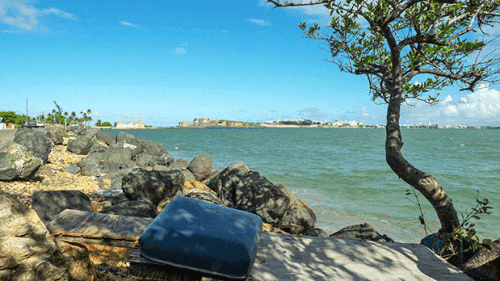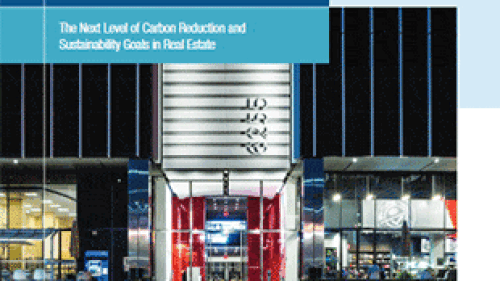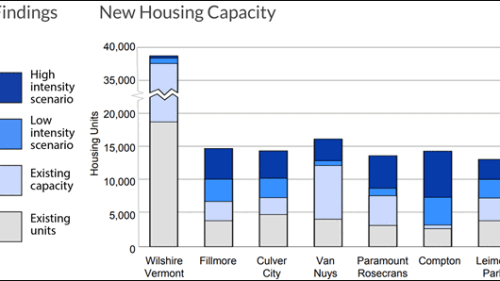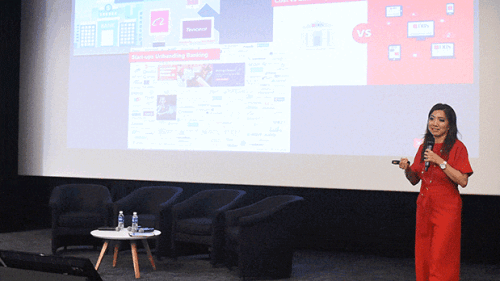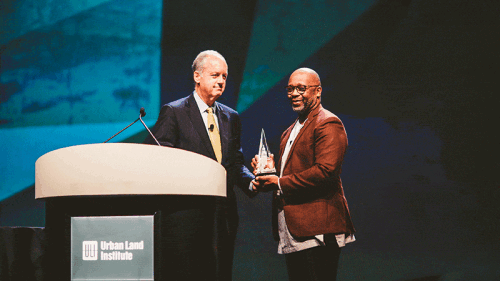Philanthropic Impact
A ULI Advisory Services panel crafts recommendations for recovery in the municipality of Toa Baja, with resilience in mind.
Whereas many companies start their sustainability efforts by setting a static goal, such as reducing energy use by 20 percent by 2030, the Science Based Targets (SBTs) approach provides backbone and introduces strategy to carbon-emission reduction goals instead of ambiguity. ULI’s Greenprint Center for Building Performance recently published a primer for real estate companies looking to start their journey toward approved SBTs.
ULI Los Angeles, together with the Los Angeles County Metropolitan Transportation Authority (LA Metro), engaged the UCLA Lewis Center for Regional Policy Studies and the Los Angeles Planning and Land Use Society to study seven half-mile (0.8 km) transit station areas in Los Angeles County in order to determine the positive effects that more development near transit might have on transit ridership, as well as on sustainability, economic development, health, and quality of life in Los Angeles.
The urgency for organizations to transform themselves in the face of technology-fueled disruption has been a key challenge in many industries. In the banking sector, incumbent players are dealing with the emergence of financial technology, or fintech, firms that threaten them in a range of business segments. In her keynote address at a ULI Singapore event, Tan Su Shan, managing director and group head, institutional banking, DBS, shared with the audience some insights and lessons learned from the journey so far.
A redevelopment plan for a Cincinnati site presented by a team from the Massachusetts Institute of Technology and Harvard University has taken top honors in the 2019 ULI Hines Student Competition, an ideas competition that provides graduate students the opportunity to devise a comprehensive design and development scheme for a large-scale site in an urban area.
The new president of ULI Americas looks to collaborate with members in advancing goals laid out in the Global Strategic Plan.
Many U.S. cities are developing aggressive sustainability targets. Because the real estate sector accounts for half or more of their carbon emissions, cities are looking for strategies to engage the industry as part of their climate mitigation plans. The second ULI City and Real Estate Sustainability Summit, held at the 2018 Fall Meeting in Boston, explored what makes a successful public/private partnership and how the real estate industry has used them in the past.
In September 2018, a ULI Advisory Services panel drew up strategic recommendations for joint urban development between the city of Wolfsburg and Volkswagen AG. The panel has analyzed the current situation in numerous visits, interviews, and workshops with stakeholders and developed strategy recommendations from this. This report presents the results under the heading “Better Together” and contains five core theses.
Internationally acclaimed artist and urban planner Theaster Gates, whose rise to prominence began with his use of art and culture to revive underserved neighborhoods in his hometown of Chicago, was named the 2018 recipient of the ULI J.C. Nichols Prize for Visionaries in Urban Development at the Institute’s 2018 Fall Meeting in Boston. Gates spoke with Urban Landabout his work, his career, and the guiding principles that motivate him.
ULI Global Board member Jack Chandler, founder of Majesteka Investments Holdings in Winnetka, Illinois, and former managing director and chairman of BlackRock’s global real estate business in New York City, has been named chairman of the ULI Americas region. Chandler talks with Urban Landabout ULI’s philanthropic efforts and product council expansion.

